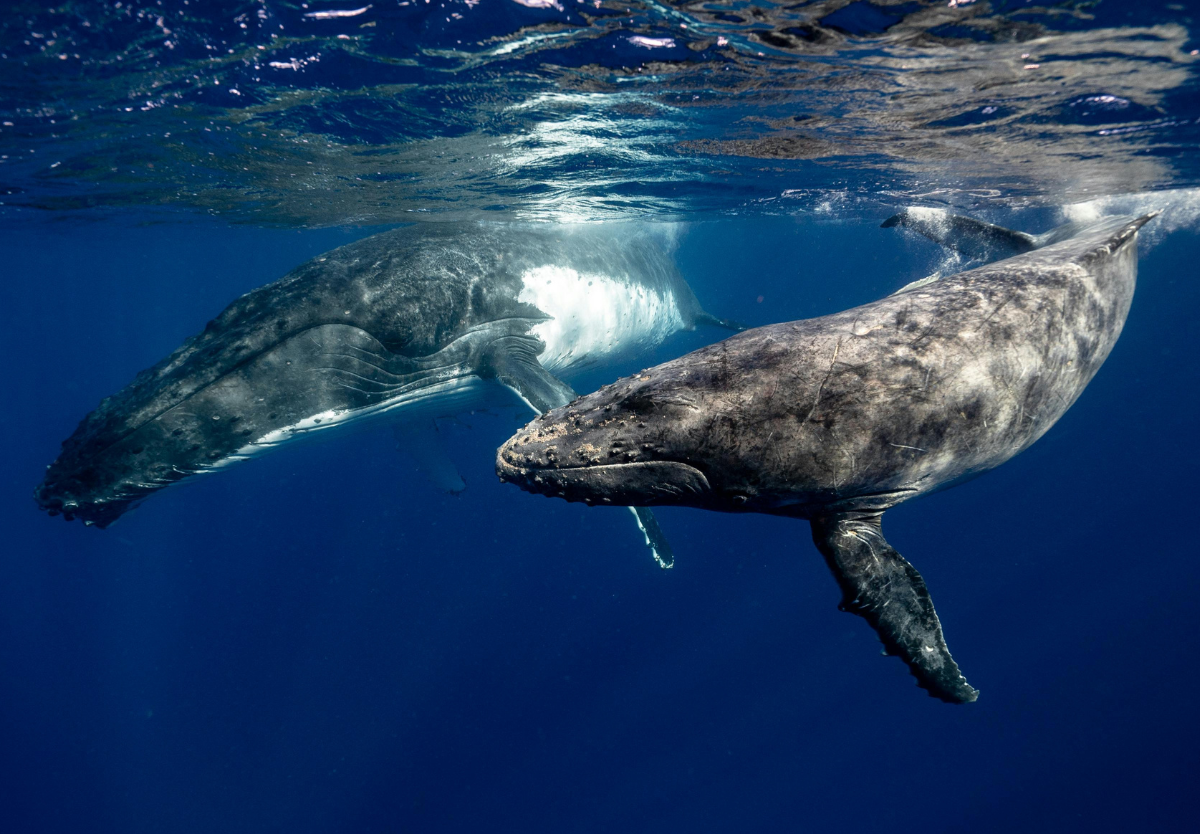Why Are Some Countries Still Practicing Whale Hunting?
Commercial whaling was banned in 1986 but countries like Japan, Iceland, and Norway continue the practice by citing reasons including cultural traditions and "scientific research."
Animal

As World Whale Day approaches on February 16, we look at the cruel, unsustainable practice of whaling—hunting whales for meat and blubber. It began as early as 875 A.D and the industry spread throughout the world, becoming very profitable in terms of trade and resources. This resulted in some whale species being hunted to near extinction, which led to the International Whaling Commission (IWC) imposing a global ban on commercial whaling in 1986.
However, Iceland and Norway continue to hunt whales, citing cultural and historical traditions and economic incentives, among other reasons. Iceland has also justified it under the guise of scientific research. Despite an international outcry, it has allowed them to continue hunting in limited numbers.
Japan has also continued its commercial whaling, asserting its right to do so based on whaling’s significance in its cultural heritage. Recently, the CEO of one of Japan’s biggest whale hunting fleets, Hideki Tokoro, even unveiled their latest “floating slaughterhouse,” the Kangei Maru.
“We are proud of catching whales and are very proud of this ship which will allow us to begin offshore mothership-style whaling this year,” Tokoro told the press during a tour of the vessel.
Anti-whaling activities argue that the ship’s advanced features, including its ability to remain at sea for up to 60 days and its 13,000-kilometer cruising range, suggest that Japan is targeting whales found far beyond the country’s northern waters.
Understandably, these countries are facing a lot of opposition and in November last year, a protest rally organized by the FINS Initiative was held in the COP29 Green Zone. With support from international organizations and activists, FINS Initiative representative Elissa May Phillips stated, “We are here to protest whale hunting. This is still happening in several countries around the world. Three countries continue to engage in commercial whaling: Iceland, Japan, and Norway. We want to draw attention to the fact that this is still happening around the world and call on COP29 participants to take action to end commercial whaling.”
Maxwell Rhys Hon, another representative, added, “We are here to try to influence the situation, to make it better known, and to draw the attention of COP29 participants to the fact that this continues to happen.”
Commercial whaling is responsible for the near destruction of many of the world’s large whale populations. Not only are whales majestic, intelligent marine mammals that deserve our protection, but they also play a crucial role in maintaining the balance of the ocean’s ecosystems. This World Whale Day, let’s not only show our appreciation for these beautiful creatures but also raise awareness about the ongoing threat they’re still facing.